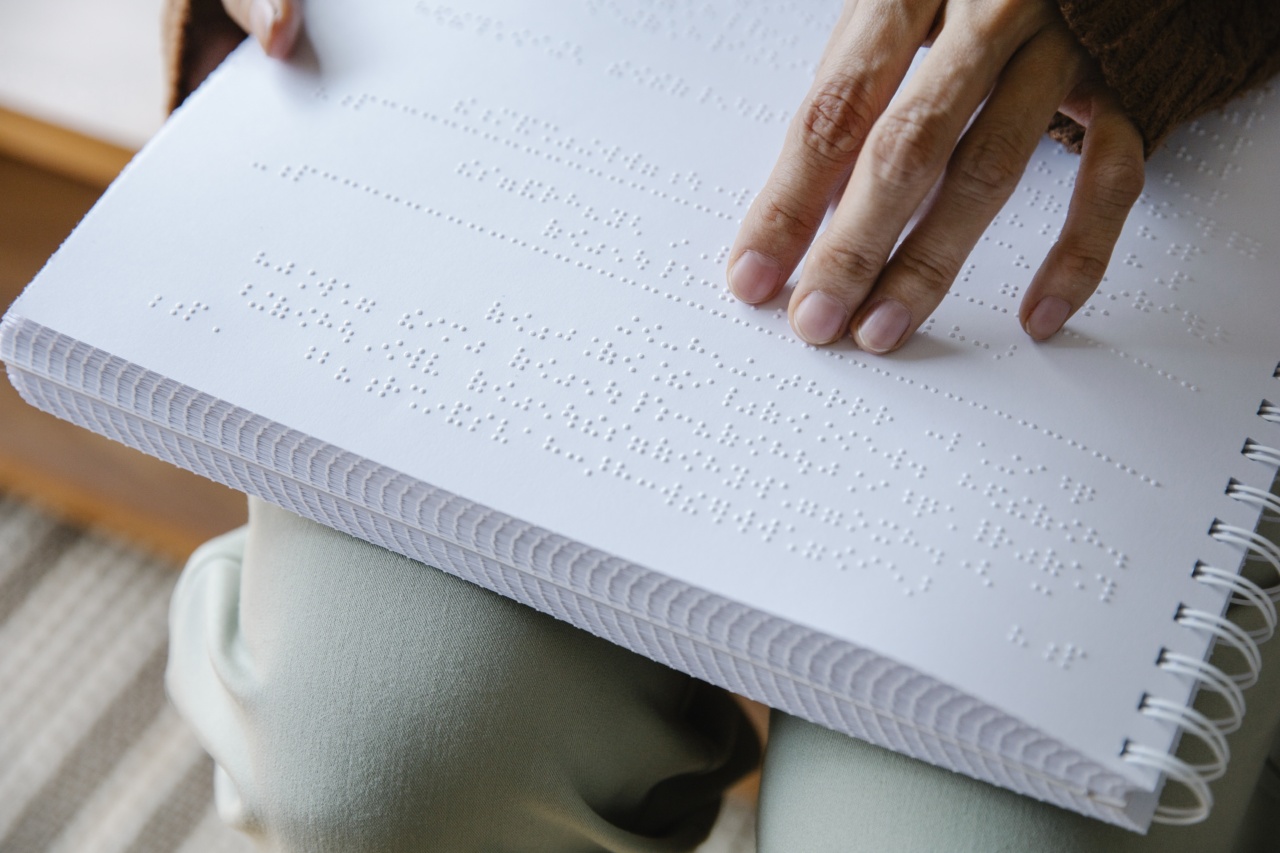Dementia is a debilitating condition that affects millions of people worldwide. It is a progressive disease that affects memory, thinking, and behavior.
As people age, the risk of developing dementia increases, and there are many studies that suggest sensory impairment, such as hearing loss and vision loss, may contribute to an increased risk of dementia. In this article, we will explore the link between sensory impairment and dementia risk.
Vision Loss and Dementia
There is a clear link between vision loss and dementia risk. Studies have shown that those with vision loss are more likely to develop dementia than those with normal vision. Vision loss can contribute to dementia risk in several ways.
Firstly, vision loss can lead to social isolation, which has been linked to an increased risk of developing dementia.
Those with vision loss may find it more challenging to interact with others and maintain social connections, leading to feelings of loneliness and isolation.
Secondly, vision loss can affect cognition. The brain relies heavily on visual input to process information and make sense of the world around us.
When vision is impaired, the brain has to work harder to compensate, which can lead to cognitive decline over time.
Finally, vision loss can make it more challenging to engage in physical activity, which has been shown to be crucial for maintaining cognitive health.
Those with vision loss are more likely to have a sedentary lifestyle, which can contribute to cognitive decline and dementia risk.
Hearing Loss and Dementia
There is also a link between hearing loss and dementia risk. People with hearing loss are more likely to develop dementia than those with normal hearing. Hearing loss can contribute to dementia risk in several ways.
Firstly, hearing loss can lead to social isolation, similar to vision loss. Those with hearing loss may find it challenging to communicate with others and may avoid social situations, leading to increased feelings of loneliness and isolation.
Secondly, hearing loss can affect cognition, similar to vision loss. The brain relies on auditory input to process information, and when hearing is impaired, the brain has to work harder to compensate.
This increased cognitive load can lead to cognitive decline over time.
Finally, hearing loss has also been associated with white matter changes in the brain.
The white matter serves as the communication network between different regions of the brain, and changes in this network have been linked to an increased risk of dementia.
Other Sensory Impairments and Dementia Risk
While vision and hearing loss are the most studied sensory impairments in relation to dementia risk, there is also evidence to suggest that other sensory impairments may play a role.
For example, studies have shown that people with anosmia, or a loss of the sense of smell, may have an increased risk of dementia.
This may be because the olfactory bulb, which is responsible for processing smell, is located near the hippocampus, a region of the brain that is crucial for memory formation.
There is also evidence to suggest that people with tactile impairment, or a loss of touch sensation, may have a higher risk of developing dementia.
This may be because touch sensation is essential for spatial awareness and navigation, which are crucial cognitive functions.
The Mechanisms behind the Link
While the link between sensory impairments and dementia risk is clear, the exact mechanisms behind this link are still not fully understood. There are several theories, however.
One theory is that sensory impairments may lead to a decrease in brain activity and rewiring of neural networks, which can contribute to cognitive decline over time.
Another theory is that sensory impairments may lead to a decrease in social connections and physical activity, both of which are crucial for maintaining cognitive health.
Finally, there are also genetic and environmental factors that may contribute to both sensory impairments and dementia risk.
For example, certain genes have been linked to both hearing loss and dementia, and environmental factors such as noise exposure may contribute to both as well.
The Importance of Early Detection and Management
Given the link between sensory impairments and dementia risk, it is essential to detect and manage these impairments as early as possible.
This may involve screening for hearing and vision loss regularly, especially in older adults, and providing appropriate interventions such as hearing aids and glasses.
It is also crucial to address other factors that can contribute to dementia risk, such as physical inactivity and social isolation. Encouraging physical activity and social engagement can help reduce the risk of cognitive decline and dementia.
Conclusion
Sensory impairments, such as vision and hearing loss, have been linked to an increased risk of dementia. The mechanisms behind this link are not fully understood, but social isolation, cognitive decline, and physical inactivity are all likely culprits.
Early detection and management of sensory impairments are crucial for reducing the risk of cognitive decline and dementia in later life.





























